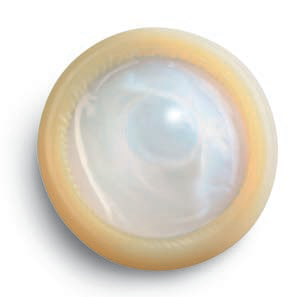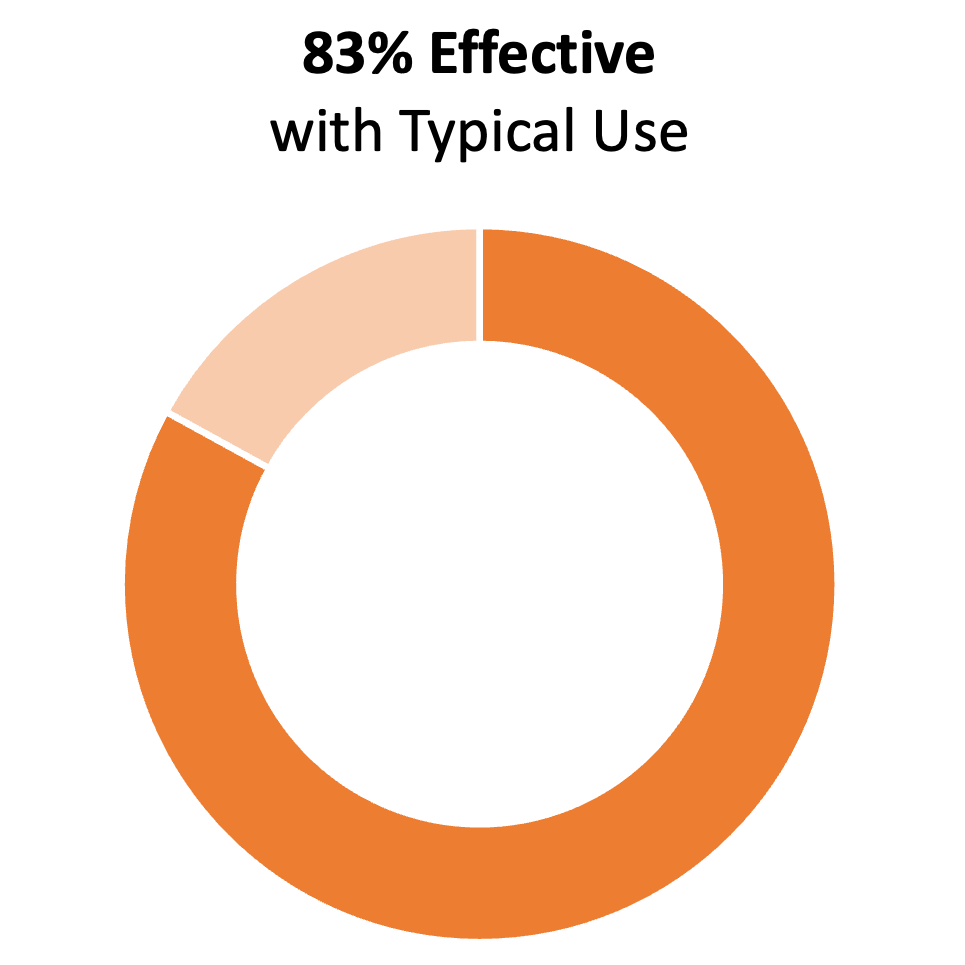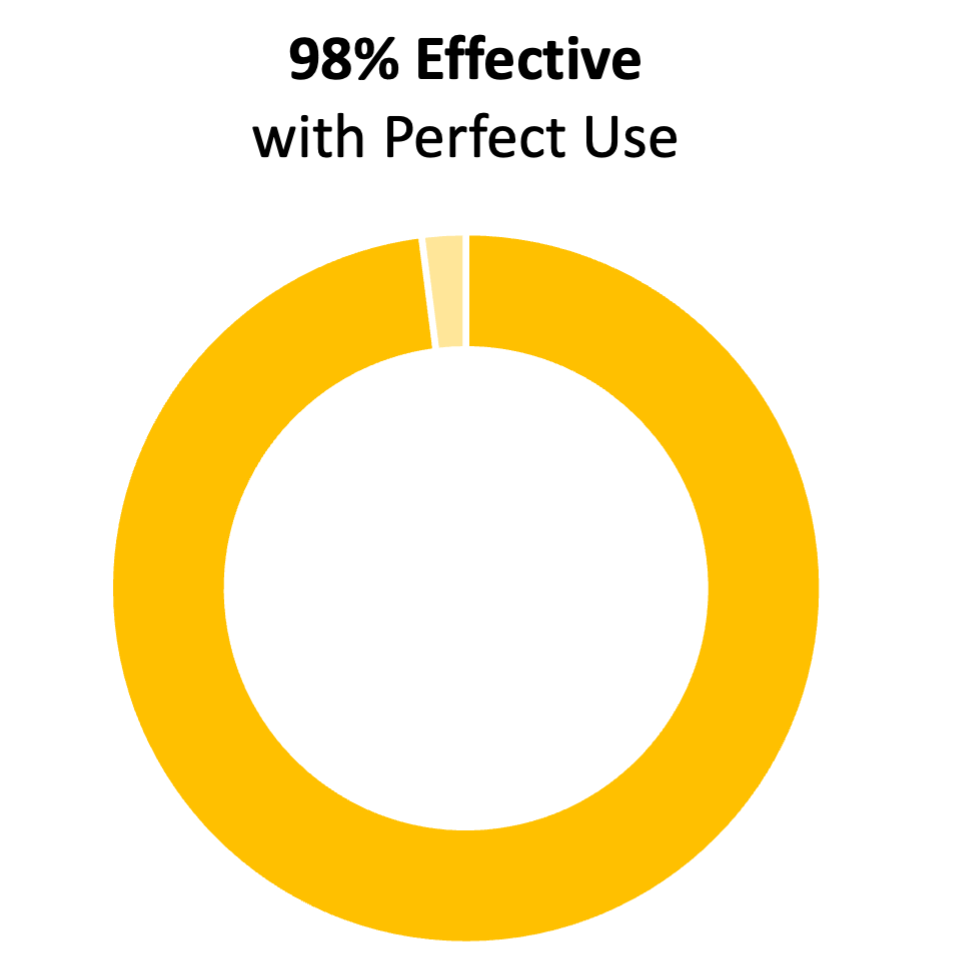Condoms
Quick Facts
Least effective
Most types protect against STIs
Easy to get
Hormone free
Must be used correctly every time you have sex
Can be used with another method for extra protection

More About Condoms
Condoms are small pouches made of latex, plastic, or lambskin. They cover the penis and catch semen. This stops sperm from getting into the vagina and meeting an egg. If sperm can’t get to an egg, you can’t get pregnant. When using a condom there is less contact with semen and vaginal fluid. There is also less skin-to-skin contact that can spread sexually transmitted infections (STIs). That’s double protection!
- Must be used correctly each time you have sex
- When used the right way, they give great protection from pregnancy and STIs.
How to Use a Condom
- Check the expiration date – condoms go bad!
- Know how to put the condom on! Practice makes perfect!
- Use with lube to help avoid tearing.
- Use one condom with each erection.
- Hold the base of the condom when pulling out so condom comes out with the penis.
- Tie off the end and throw in the trash, NOT in the toilet.
- Put a new one on if having sex more than one time.



Effectiveness
- 83% effective with typical use. That is, on average, 8 out of 100 people using this method will get pregnant in a year. You can improve effectiveness by using it with another method, e.g. withdrawal or spermicide.
- 98% effective with perfect use. That is, if the condom is used correctly all the time, 2 out of 100 people will get pregnant in a year.
Benefits
- Protects from STIs
- Can be used with any other method, except the internal condom
- Hormone free
- They come in many styles, sizes, and textures. This can help increase pleasure for you and your partner.
- Easy to get from clinics or over the counter


Side Effects and Limitations
- If you are allergic to latex, make sure to get non-latex condoms.
- You must have condoms with you and know how to use them the right way!
- They are only effective if used correctly every time you have sex.
- Latex and plastic condoms protect against STIs. Lambskin or other animal membranes do not.
Family PACT Coverage
If you are eligible, Family PACT covers the cost of condoms. A provider can help you decide if condoms are the best option for you.